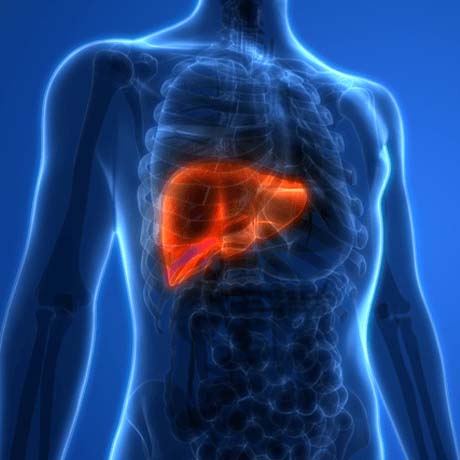Hepatitis B & C / Liver Diseases
Hepatitis refers to inflammation (swelling) of the liver. It has several types, namely hepatitis A, or hep A, hep B, hep C, hep D, and hep E. These diseases are caused by viral infections, and they vary in severity. The most common and lethal forms of hepatitis are hepatitis B and C.
The liver is one of the vital organs of the body, and damaging it can seriously hinder bodily functions. Liver failure is one of the leading causes of death in the world. Hepatitis B and C are the two of the main causes of hepatic dysfunction. Let’s look at some facts about these diseases.
Hepatitis B
Hepatitis B is caused by the hepatitis B virus (HBV), which belongs to the hepadnaviral family. Hepatitis B can present as an acute (sudden) infection, while others may have a chronic hepatitis B infection. For classification, an infection lasting 6 months or more is a chronic infection.
Hepatitis B often causes serious illness and chronic infection, which can lead to liver failure and hepatocellular carcinoma, a form of liver cancer. Fortunately, most of us, especially healthy adults, can recover from hepatitis B fully. However, it is important that you get diagnosed and take precautionary measures.
Common Symptoms of Hep B
Hepatitis B infection can have several signs and symptoms. These vary depending on the severity of the disease and may include abdominal pain, jaundice or yellowing of the skin and the under-eyes, fever, joint-pain, and nausea or vomiting. You can also experience loss of appetite, weight loss, and excessive fatigue due to the infection.
Causes and Risk Factors of Hep B
Like several other viruses, HBV is transferred through person-to-person contact. Some common causes include sexual contact with an infected person, sharing of needles (for drug abuse), accidental needle sticks, which is one of the major threats to people working in healthcare settings, and from mother to child (vertical transmission). Some possible risk factors associated with hepatitis infections are men having sex with men (MSMs) and travelling to regions with high infection rates of HBV like Asia, the Pacific Islands, Africa, and Eastern Europe.
Hepatitis C
Hepatitis C is also a viral infection that causes liver inflammation. Complicated hepatitis C virus (HCV) infection can cause serious liver damage. People with chronic (over 6 months) hep C infection have a high chance of developing hepatocellular carcinoma (a form of liver cancer).
The symptoms of HCV infection are similar to that of hepatitis B. Some other symptoms that you might experience with an HCV infection are bleeding or bruising easily, dark-colored urine, confusion, drowsiness, or slurred speech, and spider like blood vessels on your skin.
Hepatitis C infections spread when the blood of an infected person gets into the bloodstream of an uninfected person. Fortunately, most HCV infections are preventable and treatable, however, preventive measures and a prompt diagnosis are required.
When to See a Doctor
If you have been exposed to any of the hepatitis B or C viruses, you should inform your doctor immediately. The earlier you get treatment, the more likely it is for you not to have complications associated with these diseases.
Other Liver Diseases
Some other common liver issues that you should be aware of are NAFLD (nonalcoholic fatty liver disease), alcoholic liver disease, hepatitis, liver cirrhosis, and liver cancer.
If you live in the Jamaica estates or neighboring areas of New York, do not wait until it is too late. Digestive Disease & Nutrition is here to help. Call now at (718) 291-0488 or book your appointment.

